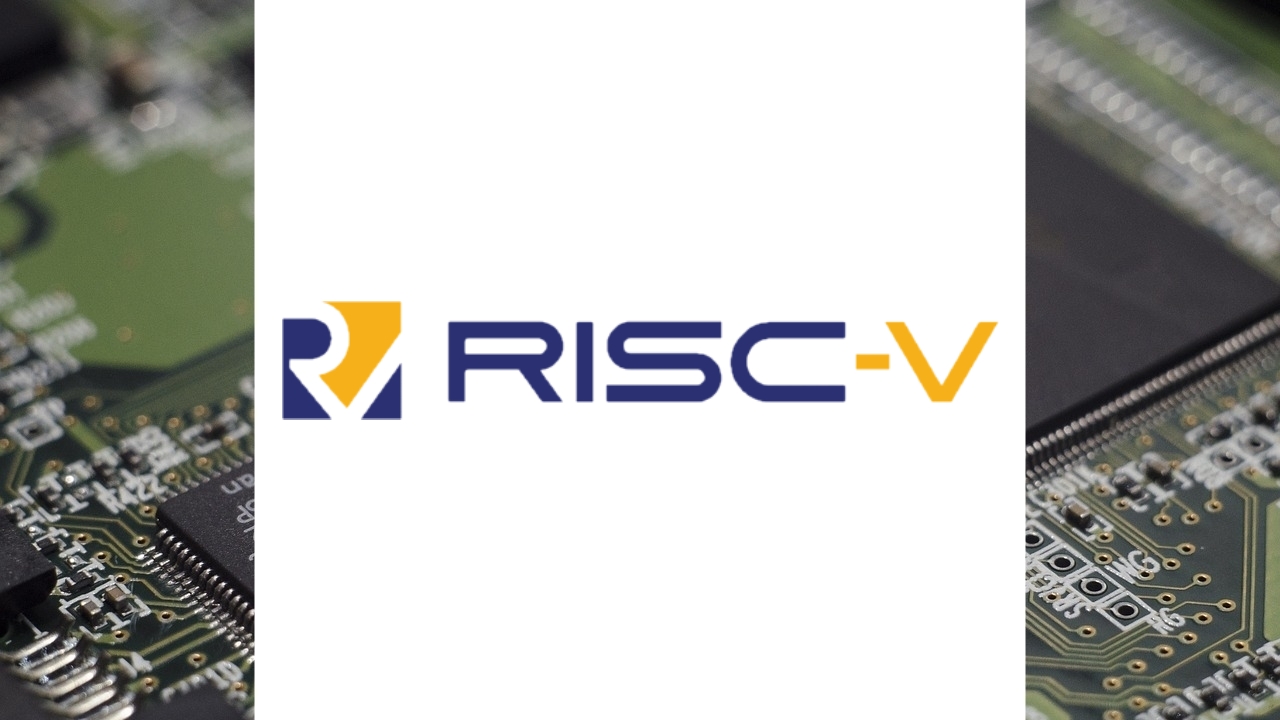✅ Why is RISC-V attracting attention?
Lately, the term “RISC-V” (pronounced “risk-five”) has been popping up more and more.
It’s an open-source CPU architecture that is gaining popularity across companies, educational institutions, and individual developers worldwide.
Traditional CPU architectures (such as ARM or x86) often require licenses and are closed in design.
In contrast, RISC-V is freely available for anyone to use, making it a strong contender to become the “next-generation standard.”
■ What is RISC-V? Features and Comparison with Traditional Architectures
RISC-V is an open-source Instruction Set Architecture (ISA) developed by researchers at UC Berkeley.
Key Features:
- Completely open-source (free to use and customize)
- Simple and highly extensible
- Offers flexibility for both hardware design and software development
Comparison with Other ISAs:
| Architecture | License Type | Representative Companies | Notable Features |
|---|---|---|---|
| RISC-V | Free / Open | SiFive, Seeed Studio | Gaining popularity in education and IoT fields |
| ARM | Paid License | Apple, Qualcomm, etc. | Optimized for mobile, commercial use |
| x86 | Proprietary | Intel, AMD | Dominant in high-performance PCs and servers |
■ RISC-V Applications and Use Cases
- ✔ Embedded Systems & IoT
Ideal for smartwatches, sensor devices, and home IoT due to its lightweight and low-power design. - ✔ Education & Research
Open ISA is perfect for DIY CPUs and FPGA-based experiments. - ✔ Devices with Operating Systems
Compatible with RISC-V Linux distros such as Ubuntu and Debian.
■ Development Tools and Environment Integration
Recommended Development Boards & Tools:
- SiFive Freedom Board: Official board from SiFive
- Seeed Studio XIAO RISC-V: Compact, affordable, Arduino IDE-compatible
- QEMU: RISC-V emulation support for VM testing
- PlatformIO / VS Code: Enables integrated RISC-V development
Interoperability with Other Tools & Systems:
| Tool / OS | Benefit of Integration |
|---|---|
| Arduino IDE | Easy development with RISC-V microcontrollers (e.g., XIAO) |
| Linux | Available distros for RISC-V (Debian, Fedora, etc.) |
| FPGA | Build your own processor with RISC-V cores |
| Edge AI | Supports lightweight inference engines on RISC-V |
■ Frequently Asked Questions
Q: Can individuals get started with RISC-V?
→ Yes! With tools like the Arduino IDE and development boards from Seeed Studio, even individual hobbyists can dive into RISC-V development.
Summary: RISC-V is “The Future of Open CPU Architecture”
As an open CPU architecture that anyone can use freely, RISC-V is expected to grow in influence in the coming years.
- Educational DIY CPUs
- Integration with Arduino and Linux
- Power-efficient IoT development
…RISC-V offers a wide range of possibilities depending on your creativity and needs.
■ Source:

■ Related Articles
■ Related Keywords
RISC-V introduction / RISC-V development / RISC-V Arduino / RISC-V Linux /
RISC-V emulator / RISC-V dev board / RISC-V custom CPU / Open-source CPU


